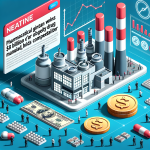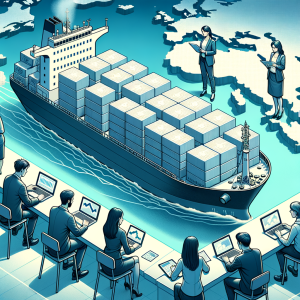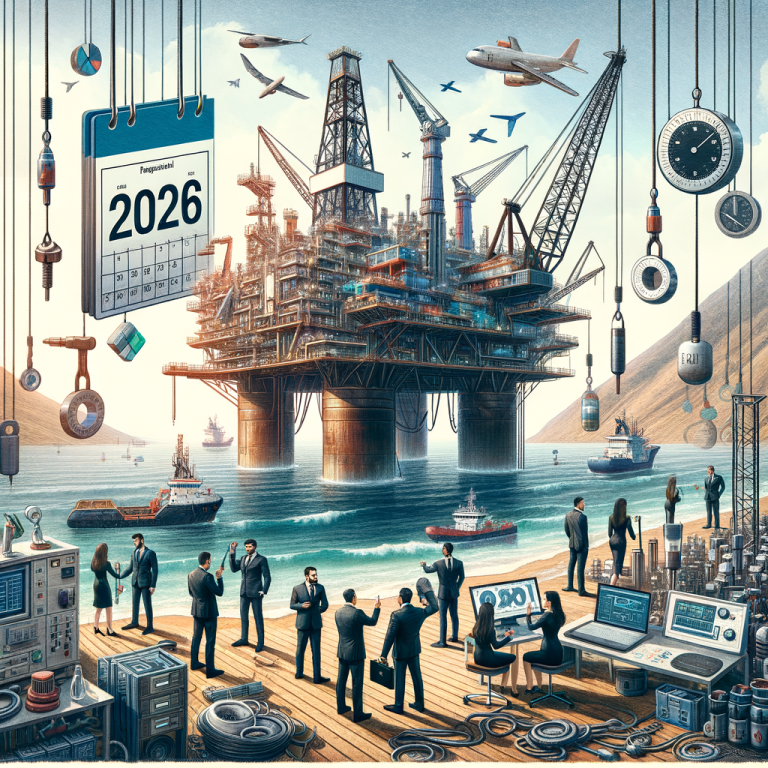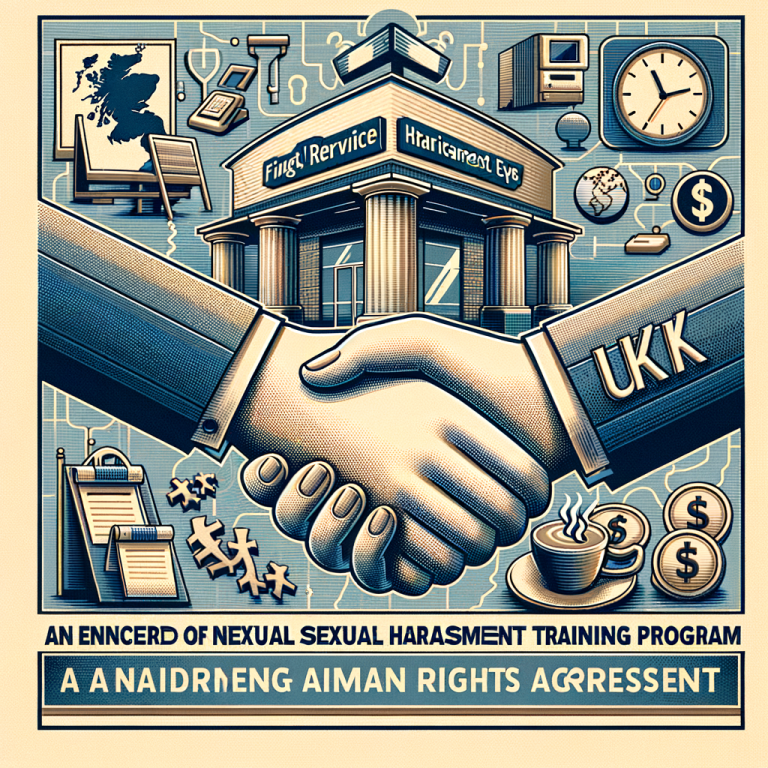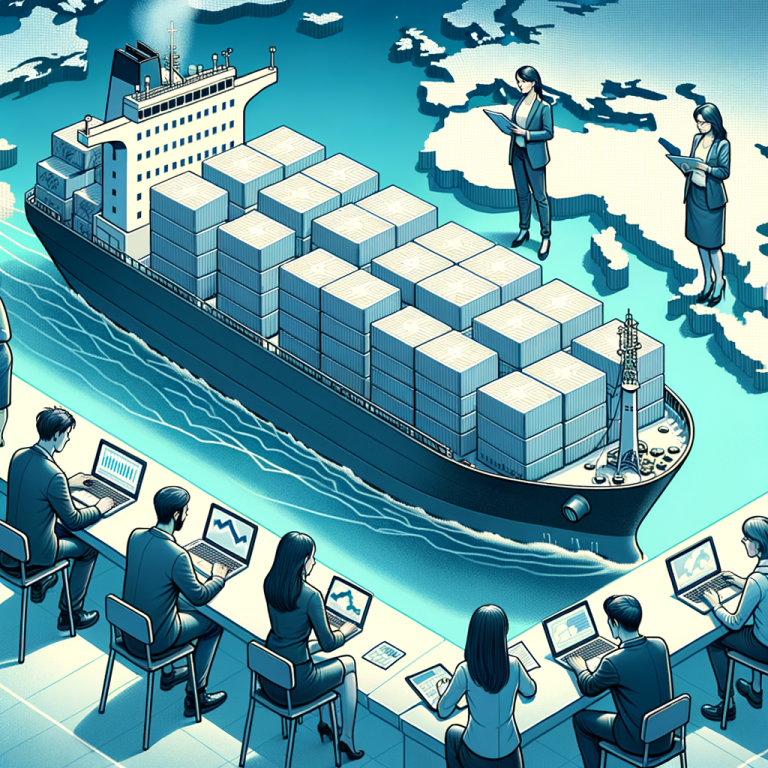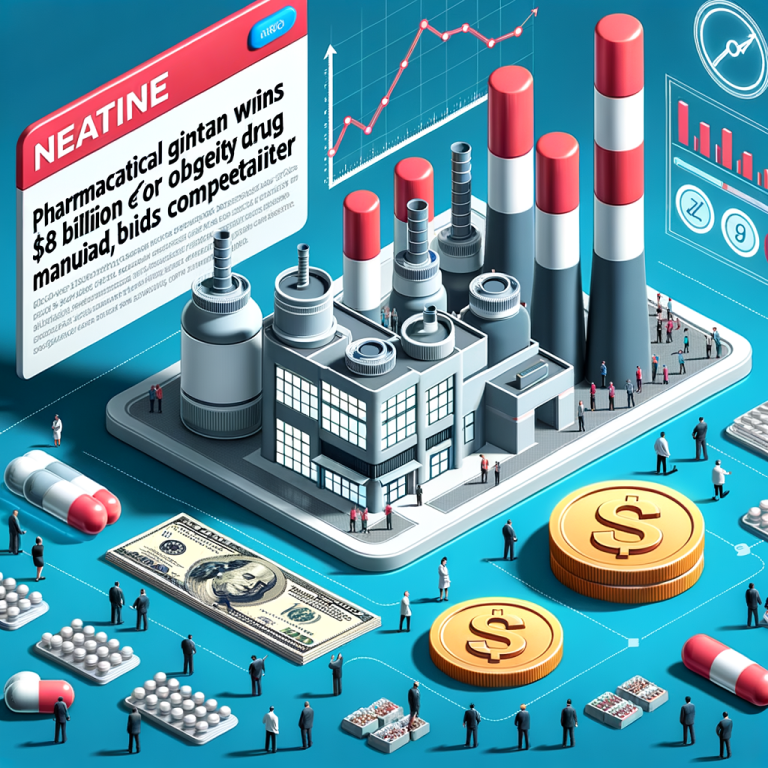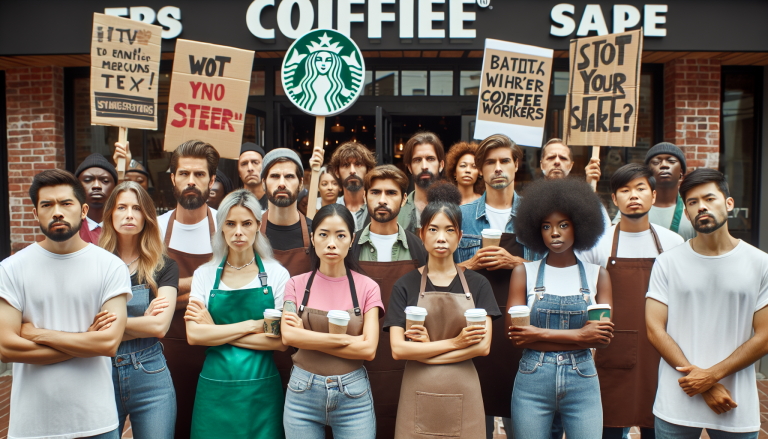
The Brewing Discontent: Baristas' Grievances and Demands
Union Showdown: The Role of Starbucks Workers United
At the forefront of this nationwide strike is the Starbucks Workers United union, which has been a driving force behind the baristas' collective action. Formed in 2021, this labor union has rapidly gained momentum, representing a growing number of Starbucks employees across the country. The union's primary goals include securing better wages, improved benefits, and addressing various workplace concerns raised by the coffee shop workers.
Starbucks Workers United has played a pivotal role in organizing and mobilizing the baristas, providing them with a unified voice and negotiating power. Through collective bargaining and advocacy efforts, the union has sought to engage Starbucks' leadership in meaningful discussions to resolve the long-standing issues faced by its workforce. The union's unwavering support has emboldened the baristas to take this unprecedented step, turning the spotlight on the coffee shop giant's labor practices.
Disruption at the Drive-Through: Impacts on Customer Experience
The strike has caused significant disruptions at Starbucks drive-throughs across the country, leading to longer wait times and frustrated customers. With fewer baristas on duty, the coffee shop chain's efficiency has taken a hit, and the customer experience has been compromised. Reports of delays, incorrect orders, and even temporary closures have surfaced, leaving many coffee enthusiasts disgruntled. The drive-through, once a convenient option for grabbing a quick caffeine fix, has become a source of frustration for customers caught in the crossfire of the labor dispute. Some customers have expressed support for the baristas' cause, while others have voiced concerns about the inconvenience and potential impacts on their daily routines. As the strike continues, Starbucks faces the challenge of balancing employee demands with maintaining a satisfactory customer experience in its drive-through operations.
Corporate Response: Starbucks' Stance on the Strike
Starbucks has responded to the nationwide strike by affirming its commitment to upholding the rights of its “partners” (employees) to organize. However, the coffee shop giant has expressed disappointment over the union's decision to strike, maintaining that such actions could disrupt operations and negatively impact the customer experience.
The company has reiterated its stance on providing industry-leading benefits, including health coverage and tuition reimbursement, while emphasizing its willingness to engage in good-faith bargaining with the union. Starbucks has also accused the union of misrepresenting the company's position and spreading misinformation.
Despite the heated rhetoric from both sides, Starbucks has stated that it remains open to constructive dialogue and is committed to finding a resolution that addresses the concerns of its baristas while ensuring the long-term success of the coffee shop chain.
The Ripple Effect: Implications for the Coffee Shop Industry
The Starbucks baristas' strike has sent shockwaves throughout the coffee shop industry, with far-reaching implications that extend beyond the company's borders. As one of the most prominent coffee shop chains in the world, Starbucks' actions and labor practices are closely watched by competitors and industry experts alike.
This strike could potentially trigger a domino effect, emboldening workers at other coffee shops to demand better working conditions and fair compensation. Smaller independent coffee shops may find themselves under pressure to improve employee benefits and wages to retain their workforce. Additionally, the strike has brought issues of labor rights and unionization to the forefront, prompting a broader conversation about workplace dynamics in the coffee shop industry.
For consumers, the strike could lead to temporary disruptions in service or limited availability of certain menu items at affected Starbucks locations. However, it may also encourage them to support local coffee shops or businesses known for their ethical labor practices, shifting consumer preferences and loyalty within the industry.
Public Perception: Divided Opinions on the Baristas' Actions
The baristas' strike at Starbucks coffee shops has polarized public opinion. While some supporters applaud the workers for advocating for better working conditions and fair wages, others criticize the disruption caused to customers and the potential impact on the coffee shop industry.
Proponents argue that the strike is a necessary step to address long-standing issues faced by baristas, such as long hours, insufficient benefits, and a lack of job security. They believe that the strike will bring about positive changes and set an example for other companies to prioritize employee well-being.
On the other hand, critics argue that the strike is an inconvenience to customers who rely on their daily coffee fix from Starbucks. They argue that the baristas' demands are excessive and that the strike will ultimately hurt the company's bottom line, potentially leading to job losses or store closures. Some also question the timing of the strike and its potential impact on the already struggling coffee shop industry.
Legal Battles Ahead: Potential Labor Disputes and Lawsuits
The nationwide strike by Starbucks baristas is likely to spark a series of legal battles and labor disputes. The coffee shop giant has been accused of engaging in unfair labor practices, such as retaliating against pro-union employees and attempting to undermine unionization efforts. As the Starbucks Workers United union gains momentum, the company may face lawsuits and legal challenges from labor organizations and government agencies.
Additionally, individual baristas who face retaliation or termination due to their involvement in the strike could potentially file lawsuits against Starbucks for wrongful termination or violation of their rights. The strike's legality itself may also be called into question, leading to potential injunctions or legal actions aimed at curbing the protests.
Navigating the complex web of labor laws and collective bargaining agreements will be crucial for both parties as they seek to protect their interests and assert their respective positions. The legal battles ahead have the potential to shape the future of labor relations within the coffee shop industry and beyond.
Lessons Learned: Workplace Dynamics and Employee Advocacy
The nationwide strike by Starbucks baristas has shed light on the intricate dynamics of the modern workplace and the importance of employee advocacy. It serves as a powerful reminder that nurturing a positive work environment and fostering open communication between management and employees is crucial for any business, including the coffee shop industry.
This strike has highlighted the need for companies to proactively address employee concerns and create platforms for constructive dialogue. Ignoring grievances or dismissing them as trivial can lead to escalating tensions and disruptions, as evidenced by the current situation at Starbucks. Employers must recognize the value of their workforce and strive to cultivate a culture of mutual respect and understanding.
Moreover, the strike has emphasized the growing influence of employee advocacy movements and the power of collective action. Employees, particularly in service-oriented industries like coffee shops, are no longer willing to remain silent in the face of perceived injustices. This event underscores the necessity for businesses to stay attuned to the evolving needs and expectations of their workforce, and to prioritize fair labor practices.
The Way Forward: Resolving the Conflict and Finding Common Ground
Resolving the conflict between Starbucks and its striking baristas will require open communication, compromise, and a genuine commitment to finding common ground. Both parties must engage in meaningful negotiations, addressing the core issues of fair wages, benefits, and working conditions. Starbucks, as a leading coffee shop chain, has an opportunity to set an example by fostering a positive labor environment and prioritizing employee well-being.
Establishing a mutually agreeable resolution could involve incremental improvements, such as implementing scheduled wage increases, enhancing healthcare benefits, and providing clear pathways for career advancement. Additionally, forming joint committees with representatives from both sides could facilitate ongoing dialogue and ensure that baristas' concerns are heard and addressed proactively.
Ultimately, finding common ground hinges on recognizing the value that baristas bring to the Starbucks experience and creating a workplace culture that prioritizes their needs while aligning with the company's long-term sustainability goals. By embracing a collaborative approach, Starbucks and its baristas can pave the way for a more harmonious and productive future in the coffee shop industry.
This News Story is brought to you by QLM Business News, your Digital Media Channel
For more business news stories also follow us on Facebook, X and Youtube.
Disclaimer: All images presented herein are intended solely for illustrative purposes and may not accurately depict the true likeness of the subjects, objects, or individuals referenced in the accompanying news stories.





